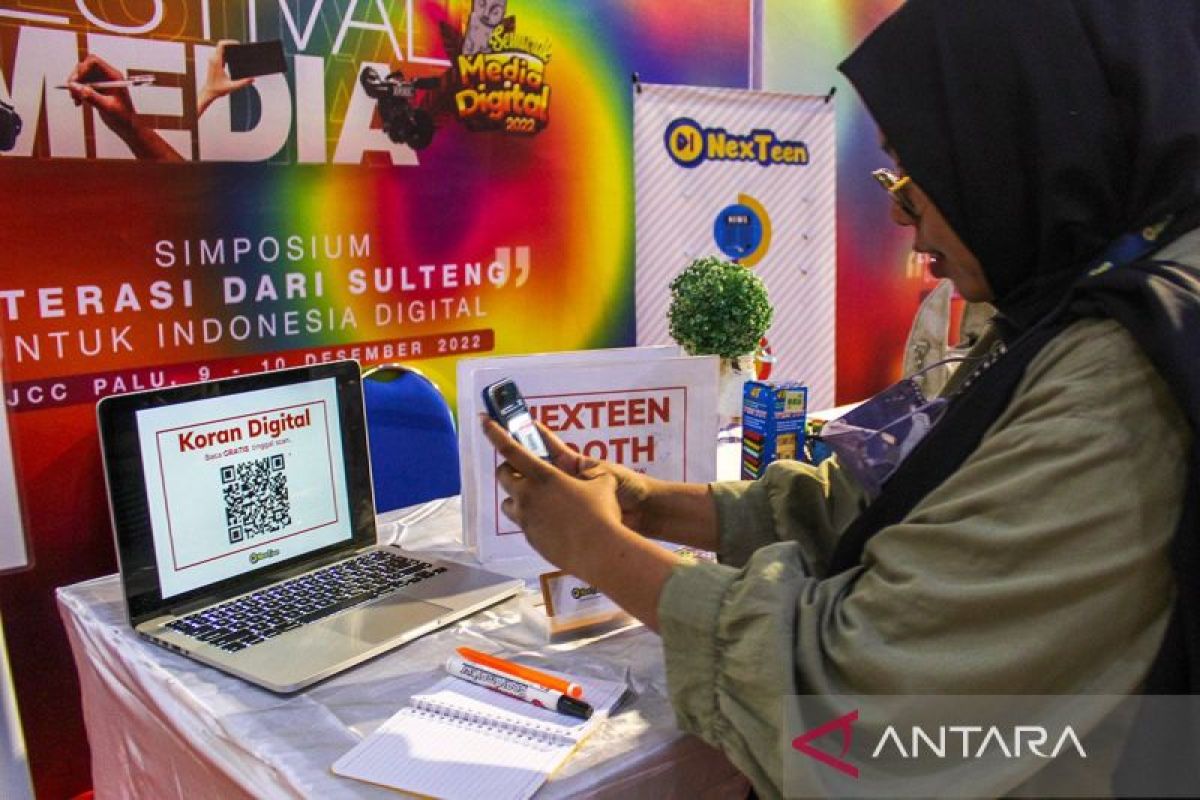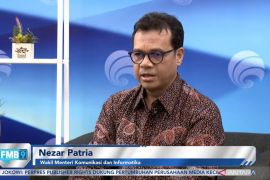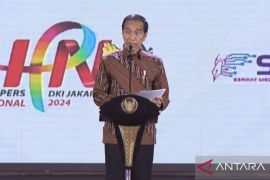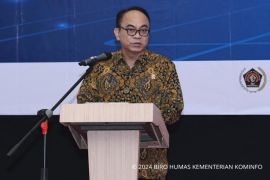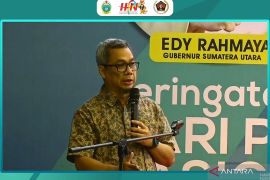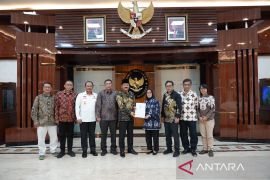In principle, the Publishers' Rights regulation consists of six chapters and 19 articles that are meant to pave the way for the realization of journalism of a higher quality in Indonesia instead of restricting the freedom of press.
It should be noted that the regulation does not even touch upon digital content creators, as its sole purpose is improving the quality of journalism in the motherland.
The role of the Publishers' Rights regulation encompasses governing business relationships between press companies that have been verified by the Indonesian Press Council and digital platform firms, such as Google and Meta.
According to the regulation, digital platform companies chosen by the government are obliged to exert utmost efforts to prioritize, facilitate, and promote news produced by Indonesian press companies.
It is also mandatory for digital platform enterprises to treat all press companies equally, including by providing them with training courses and programs aimed at supporting quality and responsible press.
Furthermore, the regulation also urges such companies to design complex systems used for directing their algorithm to distribute news that can support quality journalism and align with the values of democracy and diversity as well as applicable law and regulations in Indonesia.
Additionally, the regulation suggests that digital platform companies make agreements with Indonesian press companies. They can cooperate under various schemes, such as paid license, profit sharing, and exchange of news users' aggregate data.
Under a profit-sharing scheme, for instance, press companies will gain income from the production of news used by digital platform companies.
A tool for resolving disputes
In the relationships between press companies and digital platforms, one cannot overlook the possibility of disputes. In the event of conflict, companies can either unilaterally or collectively propose legal actions outside the court by opting for arbitration or other alternatives.
It is for that reason that the Publishers' Rights regulation exists to regulate an independent committee established and determined by the Press Council. Such a committee will be tasked with ensuring that digital platform companies fulfill their obligations, including those related to press companies.
The committee is expected to work to facilitate the implementation of arbitration and other measures for resolving disputes involving press companies and digital platforms.
In addition, the committee wields a supervisory function, meaning it has the right to oversee efforts made by digital platform companies to fulfill their responsibilities.
In that context, the committee will then provide recommendations to the communication and informatics minister regarding the results of its supervision.
According to the regulation, the committee can comprise up to 11 members. In a committee of 11, it should consist of five representatives of the Press Council, one official at a ministry, and five independent experts on digital platform services.
The regulation stipulates that the number of members from the Press Council and independent experts should always be equal and that the coordinating minister for political, legal, and security affairs has the right to appoint expert members of the committee.
In fulfilling its task, the committee should make decisions under a collective collegial system and ensure the accountability of every decision it makes. In the event of a stalemate, the committee may make a decision through a voting process to find the voice of majority.
Before making any decisions, it is imperative for the committee to take into account inputs coming from opinions and insights developed amid the society while upholding the principles of transparency, independence, and justice in dispute settlements.
Support from professionals and academicians
In its early days since its issuance, the Publishers' Rights Presidential Regulation has received support from several parties, including professionals and academicians.
Chairman of the Association of Indonesian Journalists (PWI) Hendry Bangun commended the issuance of the regulation that supports quality journalism in Indonesia. He expressed optimism about the regulation solidifying the role of the press as the fourth pillar of democracy.
Chairwoman of the Press Council Ninik Rahayu lauded the government for devising the regulation that is expected to help press companies and digital platforms equally share profits generated from advertisements.
Meanwhile, Dadang Rahmat Hidayat, a media and journalism expert from Padjadjaran University, expressed belief that the Publishers' Rights regulation would help Indonesian journalists maintain the spirit and quality of their products.
He also said that an independent committee could play an essential role as an institution that can actualize the values, principles, and objective of the Publishers' Rights regulations.
Hidayat, however, emphasized the need to establish a committee that has clear tasks, functions, and authority.
He also stressed on the importance of providing clarity on the establishment process of the committee to ensure that it is empowered by members that can drive the committee to execute its tasks and functions in an effective manner.
Although the regulation will start taking effect six months later, it is necessary for relevant stakeholders to perfect it by devising derivative regulations.
Media, digital platforms, and the Press Council are expected to make the most of the six-month transition period in the hopes of actualizing quality journalism in Indonesia.
Related news: Widodo asks ministries to prioritize press ad spending
Related news: Press should continue to innovate after "Publisher Rights": Minister
Related news: Govt discusses publisher rights regulation with relevant stakeholders
Translator: Rio F, Tegar Nurfitra
Editor: Azis Kurmala
Copyright © ANTARA 2024
